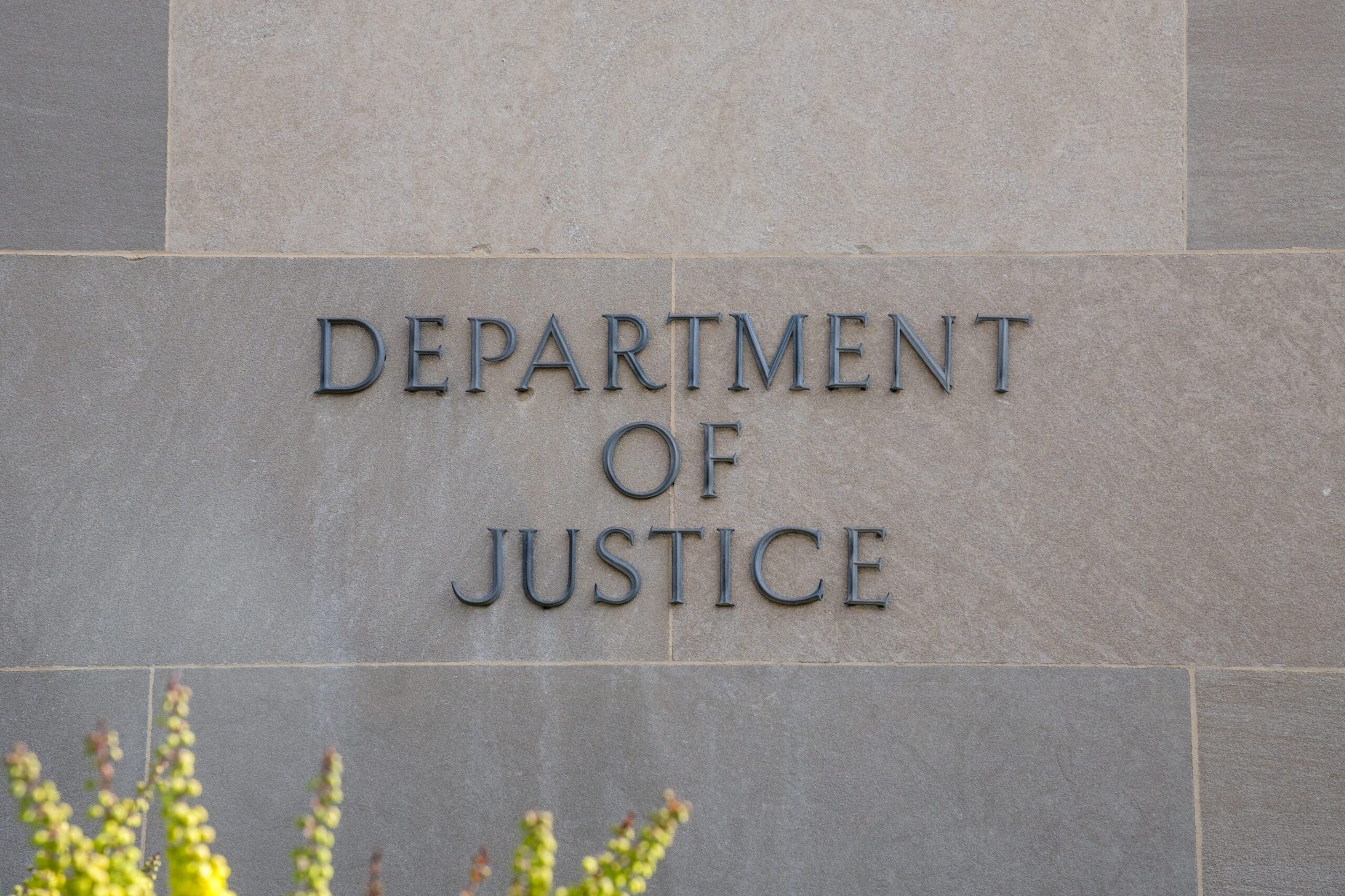This article was originally published on Bloomberg Law.
- Outten & Golden attorney highlights omissions in DOJ pilot
- Better legal protections needed for reporting employees
Last week, the Justice Department’s Criminal Division unveiled details of its highly anticipated corporate whistleblower awards program. This three-year pilot aims to incentivize whistleblowing by offering financial awards to those who successfully help DOJ prosecute certain corporate crimes. Unfortunately, the program has some deficiencies that will likely make it harder for whistleblowers to do just that.
DOJ has admirable goals. People who report crimes committed by their employer face tons of personal risk, and the agency is looking to empower those with inside knowledge of a company’s bad behavior to come forward.
This initiative seeks to fill gaps in other government reward programs that incentivize whistleblowing, including those run by the Securities and Exchange Commission, Commodity Futures Trading Commission, Financial Crimes Enforcement Network, and DOJ under qui tam provisions of the federal False Claims Act.
DOJ zeroes in on categories of crimes not covered by existing programs: financial institutions engaged in money laundering, fraud, compliance violations, and other non-covered financial crimes; foreign corruption and bribery and domestic bribery; and health-care fraud involving private insurers, fraud against patients, and other violations not covered by the FCA.
Whistleblowers may be eligible for an award if they successfully provide original information to DOJ leading to a criminal or civil forfeiture of more than $1 million. The decision to issue an award, and how much, is at DOJ’s sole discretion. In addition, there are caps on how much a whistleblower can receive based on the net proceeds.
Safeguards exist to ensure bad actors don’t try to cheat the system. This is important to protect the integrity of the program. For example, the information provided by whistleblowers must be original—not from public sources, nor information DOJ already possesses.
The information must also be accurate and complete. Whistleblowers can’t lie or mislead DOJ to collect an award. Anyone who meaningfully participated in the crime is also not eligible for an award.
DOJ outlined criteria to determine whether awards may be increased or reduced. Whistleblowers who are highly ethical and cooperative and provide information that’s critical to the success of DOJ’s enforcement efforts, can expect a higher award percentage.
Importantly, the program includes incentives for employees to report misconduct through internal channels before going to the DOJ. Employees who first report internally have 120 days to alert DOJ to be eligible for an award.
Now let’s examine what the program doesn’t cover.
Despite encouraging employees to report internally, the program has no meaningful legal protections for those who suffer retaliation by the accused entity. DOJ’s guidance only says information about retaliation should be provided in the whistleblower’s initial or follow-up submissions.
It says the agency “will consider any retaliation in assessing whether a company or individual cooperated with or obstructed the Department’s investigation and may, in its sole discretion, decline to award the company any cooperation credit in connection with any corporate resolution and/or institute appropriate enforcement action in response to any retaliation.”
That is unfortunate. Retaliation against whistleblowers is extremely common. Companies frequently go to extreme lengths to punish those who report, including termination and blacklisting. Some companies will even go so far as to hire private investigators to root out whistleblowers. And while federal, state, and local laws exist to protect whistleblowers from retaliation, not all whistleblowing is covered.
There is also no guarantee whistleblowers’ identities will be kept confidential. While DOJ guidance suggests it won’t publicly reveal a whistleblower’s identity, it can do so if required by law, or by DOJ policy “as determined by the Department in its sole discretion.” That gives DOJ wide latitude to decide who gets the benefit of anonymity and who doesn’t.
At best, these omissions could disincentivize employees from reporting crimes out of fear the company will find out who they are and punish them. At worst, brave whistleblowers who report to DOJ could be left at the mercy of their employer without any legal protection and no guarantee of a reward.
It takes profound courage to blow the whistle. Whistleblowers put their careers on the line to expose massive fraud and corruption, helping the government recover billions of dollars annually. They deserve the full weight of our legal system behind them.
While this program is a step in the right direction, its gaps need to be filled. DOJ should work closely with whistleblower attorneys and advocates to enhance the pilot program and further ensure whistleblowers are protected from retaliation.
Congress should also step in and establish a statutory mechanism to ensure whistleblowers who avail themselves of this worthy program are kept anonymous and protected.
This article does not necessarily reflect the opinion of Bloomberg Industry Group, Inc., the publisher of Bloomberg Law and Bloomberg Tax, or its owners.
Copyright 2024 Bloomberg Industry Group, Inc. (800-372-1033) http://www.bloombergindustry.com. Reproduced with permission.

